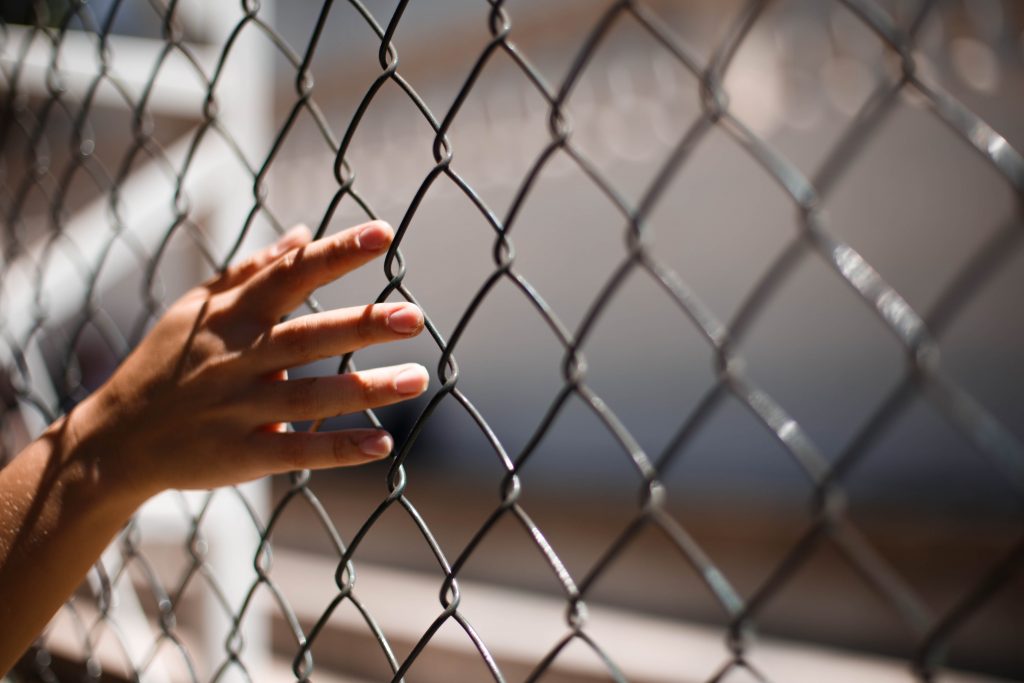Report on the Compulsory Care Survey Results 2020

In September 2020, Civil Rights Defenders and the Swedish National Association for Social and Mental Health (RSMH) sent out a survey to map how human rights are complied with within compulsory care. The survey is intended for those who have personal experience of compulsory care in Sweden, are currently or have been under compulsory care in a locked institution during the last five years. Today, on World Mental Health Day, we launch the report with results from the survey.
Read the report in Swedish here.
This year’s respondents testify to lack of access to information. 46 per cent of the respondents state that they lacked information on how to appeal deprivation of liberty. 37 per cent stated that they lacked information on their right to a legal representative. The survey also shows a difference in access to information between men and women. For example, more men than women have stated that they had access to information.
“The fact that such a high proportion of respondents testify to lacking access to information is very serious since people in compulsory care are not given the conditions or opportunities to protect their human rights or know where to complain if their rights have been violated”, says Annika Åkerberg, Senior Legal Advisor at Civil Rights Defenders.
The survey also shows that 59 per cent of the respondents felt that the use of force was not necessary, which raises the question of whether the care has taken the patient’s human rights into account or adopted any human rights-based approach.
About the compulsory care survey
The survey will be sent out during the same period (1–15 September) annually. In this way, we are able to follow how the situation develops over time. The report will be launched on World Mental Health Day 10 October every year. The purpose of the survey is to map human rights in compulsory care and give individuals the opportunity to make their voices heard. The survey is intended for those who have had any personal experience of compulsory care in Sweden during the last five years. The survey consists of questions about the care you received as well as questions regarding what information you received concerning your rights, if you had access to legal aid, how you experienced the detention, and your level of perceived safety and security while detained.
About compulsory care
Compulsory care means that a person is admitted and cared for in an institution where the person is not allowed to leave, with the reason being that the person is so ill there is a risk to their own or someone else’s health or life. Compulsory care includes psychiatric and forensic psychiatric care, juvenile detention and rehabilitation compulsory care.


